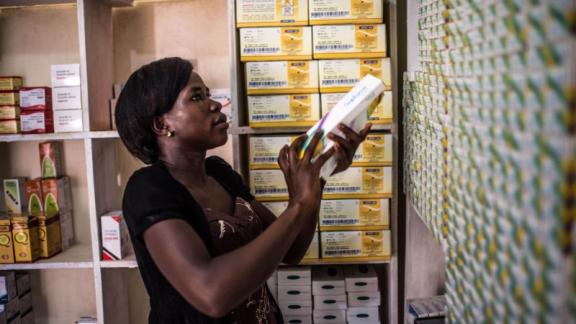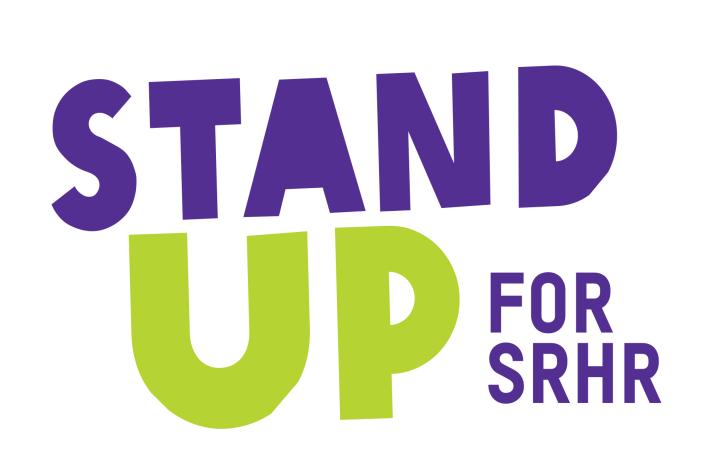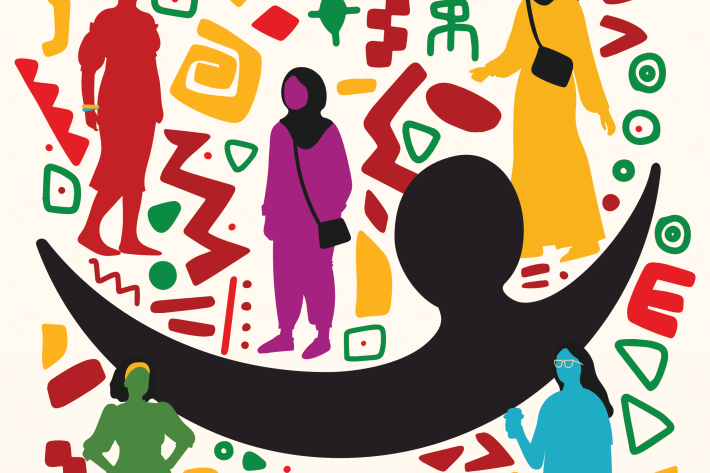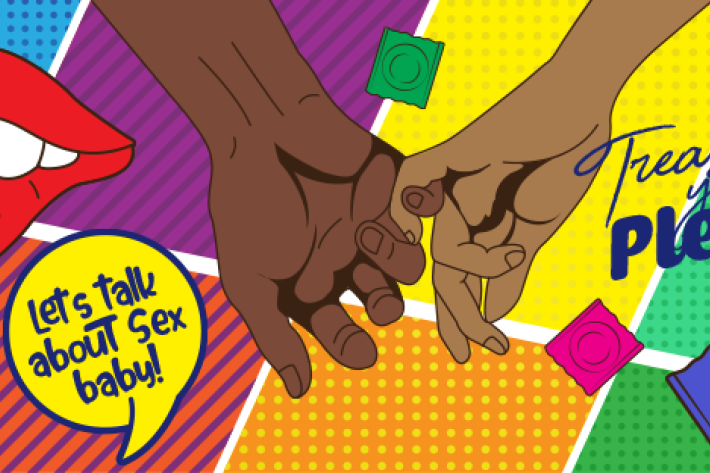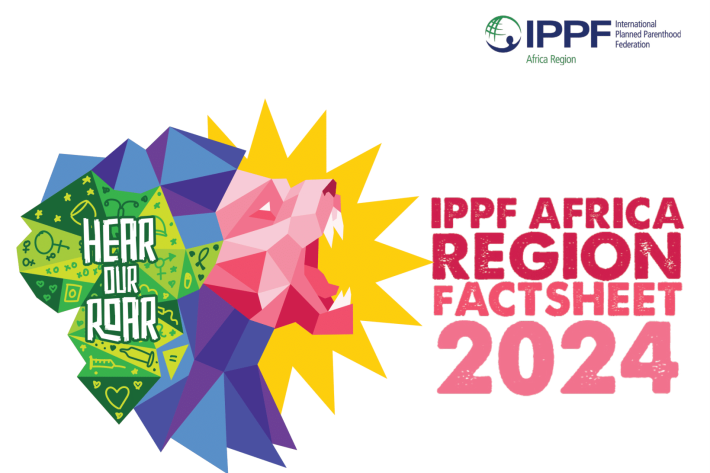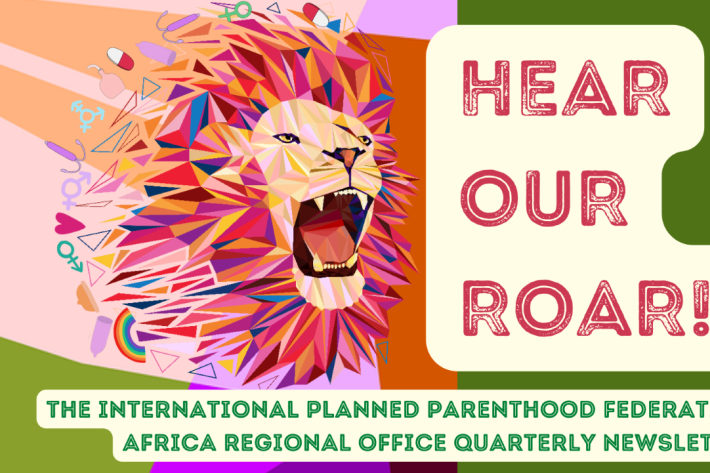Spotlight
A selection of resources from across the Federation
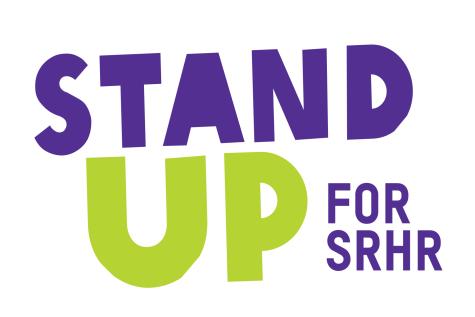
Mozambique, Uganda
Stand Up Factsheet 2025
Healthcare, Rights & Choice: The Stand Up Initiative in Action Imagine a world where every young woman and girl has the power to make informed choices about their sexual and reproductive health. That’s the vision of Stand Up for Sexual and Reproductive Health and Rights (Stand Up)—a groundbreaking 6.5-year initiative driving change in Uganda and Mozambique. Our Impact So Far: 6 service provision clusters established
Filter our resources by:


| 30 June 2021
The State of African Women: Action Learning Case Studies
This report presents a collection of six case studies and two synthesis briefs that are the outcomes of a so-called ‘action learning trajectory’. The case studies are prepared by the partners of the coalition: IPPF Africa Region, YWCA Kenya, Faith to Action Network and OAFLAD (see Overview of case studies). Each case study documents and reflects on a specific piece of advocacy work carried out in the campaign. The case studies form the basis of two synthesis briefs: one on ‘Progressing on the unfinished business’, and another one on ‘Coalition-building and multilevel connections’. Both synthesis briefs seek to pull out strategies and joint learning across the diverse advocacy processes that are presented in the six case studies. Between 2018 and 2020 KIT facilitated the action learning trajectory with the SoAW partners. The aims of the trajectory were threefold: 1. to build capacities of consortium partners, CSOs and champions to critically interrogate their advocacy actions, and reflect on achievements and challenges, 2. to recalibrate advocacy activities, and 3. to document experiences and lessons learned from advocacy initiatives. The action learning trajectory invited and supported the participating partners and their champions to shift from activity mode to documenting their work. It also sought to shift their attention from donor reporting to reflection and learning. Download the briefs below: Action learning case studies and synthesis Progressing on the unfinished business: women and girls’ rights in SRHR Coalition-building and multi-level connections Download the full case studies below: Faith leadership in civil society collaboration towards adoption of the EAC SRHR Bill The value of civil society allliances in realising women and girls’ sexual and reproductive health and rights Journalists networked across Africa for increased SRHR coverage in the media How African First Ladies spearheaded the successful launch of a continent-wide campaign to prevent HIV and AIDS in childhood YWCA advocacy towards the eradication of Female Genital Mutilation in Kenya Read the full State of African Women report here.

| 30 June 2021
The State Of African Women
The State of African Women report, published in 2018, delivers a ground-breaking pan-African review of the current status of implementation of continental commitments on women’s and girls' rights. Via in-depth case studies, it gives insight into the ways in which diverse actors can contribute to change. The report hopes to thereby inform and strengthen the work of diverse people and organisations fighting to make women’s and girls' rights a reality. Full Report Introduction Key Findings and Conclusions SRHR in the AU Framework Regional Economic Communities Gender-Based Violence Against Women Harmful Practices Sexual and Reproductive Health and Rights HIV and AIDS

| 29 June 2021
Adapter les services de planification familiale en temps de crise: Adoption d’une approche de prestation de services à domicile au Cameroun
La pandémie de la COVID-19 a exercé une pression énorme sur le secteur de la santé, poussant les gouvernements à consacrer leurs ressources à des mesures de prévention et de traitement de cette maladie. La pandémie a gravement affecté la prestation des services de routine dans les établissements de santé, la priorité n’étant pas accordée à certains services essentiels, tels que les soins de santé sexuelle et reproductive. De nombreux établissements de santé ont réduit leurs services ordinaires, certains les ont suspendus ou ont même dû fermer certaines cliniques. Les mesures de confinement et les restrictions de mouvement imposées par les gouvernements ont entrainé une faible fréquentation des établissements de santé, une situation encore aggravée par la crainte prouvée par la population de contracter le virus dans les centres de santé. En conséquence, de nombreuses adolescentes, des femmes en âge de procréer, des hommes et des jeunes n’ont pas pu accéder aux services de santé sexuelle et reproductive dans leurs centres de santé habituels. Ces services comprenaient, entre autres, l’accès des contraceptifs, des services de soins anténatals, d’accouchement sans risque et de soins postnatals, des services relatifs au VIH et au SIDA, ainsi que la prise en charge et le traitement des infections sexuellement transmissibles (IST). Les associations membres (AM) de la F d ration internationale pour la planification familiale (IPPF) qui proposent des services de santé sexuelle et reproductive (SSR) de qualité et abordables n’ont pas été épargnées, et pour y faire face, elles ont dû faire preuve d’innovation. Au Cameroun, l’association membre de l’IPPF dans le pays — l’Association camerounaise pour le bien- être familial (CAMNAFAW) — a décidé de répondre à la forte baisse du nombre de clients sollicitant des services dans ses installations en adoptant une approche innovante de prestation de services à domicile. Cette stratégie a permis à la CAMNAFAW de continuer à offrir à ses clients les services de santé reproductive dont ils avaient tant besoin pendant la pandémie. Télécharger le document complet ici: Adoption d’une approche de prestation de services à domicile au Cameroun

| 28 June 2021
Adapting Family Planning Services in Times of Crisis: A Clinic on Wheels in Sao Tome
One year into the COVID-19 pandemic, almost 12 million women have experienced disruptions in accessing modern methods of contraception. These have led to 1.4 million unintended pregnancies as a result of lockdown and travel restrictions measures, interrupted supply chains, stock-outs and inundated health facilities. Sao Tome and Principe, like most countries in the world, imposed restrictive measures to contain the pandemic. These measures included limitations on movement, lockdowns and curfews, that significantly reduced people’s abilities to access health facilities, especially critical sexual and reproductive health (SRH) services. This has been particularly difficult for a small country like Sao Tome and Principe, which has an estimated population of 223,364 coupled with a high fertility rate of 93 births per 1,000 young women aged 15 to 19 years. The hardest-hit populations in Sao Tome and Principe during the COVID-19 pandemic were the most vulnerable and structurally excluded who, even in the absence of pandemics and other calamities, are already disadvantaged with poor access to quality reproductive health services. These populations include women and girls, young people, sex workers, people who use drugs, transgender communities, men who have sex with men (MSM), people living with HIV and fishing communities. COVID-19 also heightened the risk and incidences of cases of sexual and gender-based violence (GBV), mostly targeting women and girls and further increasing their vulnerabilities. In addition to the COVID-19 restrictions, reduced access to SRH services was also the result of a lack of understanding and the unwillingness of healthcare workers to provide services due to fear of infection, closure of certain health facilities in the communities, and diminished family incomes meaning less purchasing power to afford healthcare. In response to this situation, the Associa o Santomense para Promo o Familiar (ASPF), IPPF’s Member Association in the country, in close collaboration with its partners, volunteers, peer educators and community health workers, stepped-up its “mobile approach” to serve the most vulnerable and hard to reach populations directly in their communities. Download the complete case study here: A Clinic on Wheels in Sao Tome

| 24 June 2021
Adapting Family Planning Services in Times of Crisis: Bringing Comprehensive Sexuality Education Online in Benin
The COVID-19 outbreak created the largest disruption of education systems in history. Closures of schools and other learning spaces have impacted 94% of the world’s student population, of which 99% are in low and lower-middle-income countries1. UNESCO estimated in July 2020 that about 24 million learners, from pre-primary to university level, were at risk of not returning to school because of COVID-19 disruptions. The restrictive measures to contain the spread of the deadly COVID-19 virus have made it even more difficult for young people to access essential life-saving sexual reproductive health and rights (SRHR) services, including comprehensive sexuality education (CSE) and contraception. This has put them at greater risk of teenage pregnancies, unsafe abortion, gender-based violence (GBV), sexually transmitted infections (STIs), and HIV; making access to out-of-school sexuality education and services even more urgent. 64.4% of Benin’s population is under the age of 25 years. Even though CSE has been included in the secondary school curriculum since 2018, following advocacy efforts by our Member Association in the country, the Association Beninoise pour la Promotion de la Famille (ABPF) and other organizations, CSE education is only delivered in few pilot schools and does not include issues of diversity and sexual fulfilment. In response to the difficult situation presented by COVID-19, ABPF developed online CSE sessions during the pandemic, in a bid to ensure adolescents and young people could continue to access CSE. Download the complete case study here: Bringing Comprehensive Sexuality Education Online in Benin

| 21 June 2021
Adapting Family Planning Services in Times of Crisis: Training Women on Self-Managed Care for Contraception in Zambia
The COVID-19 pandemic caused great disruptions across all sectors, and to curb the spread of the coronavirus, governments put in place various measures. These included curfews, in-country movement restrictions, and bans on social gatherings. These restrictions, combined with fear of contracting the virus at medical facilities created barriers that affected people’s uptake of services in health centers. The pandemic brought to light the urgent need for transformation in our health systems, including service delivery approaches. The sexual reproductive health (SRH) services offered by IPPF’s Member Associations (MAs) were similarly affected by the pandemic. Many were unable to continue providing routine services, with the most affected being family planning/contraception. To address this, IPPF Member Associations had to be inventive in their service delivery approaches, making necessary adjustments to accommodate client needs while still complying with government directives on health service provision during the pandemic. One of the ways our MAs adapted was through the strategy of self-managed care for family planning, which was embraced by the Planned Parenthood Association of Zambia (PPAZ), which is IPPF’s MA in Zambia. Download the complete case study here: Training Women on Self-Managed Care for Contraception in Zambia








